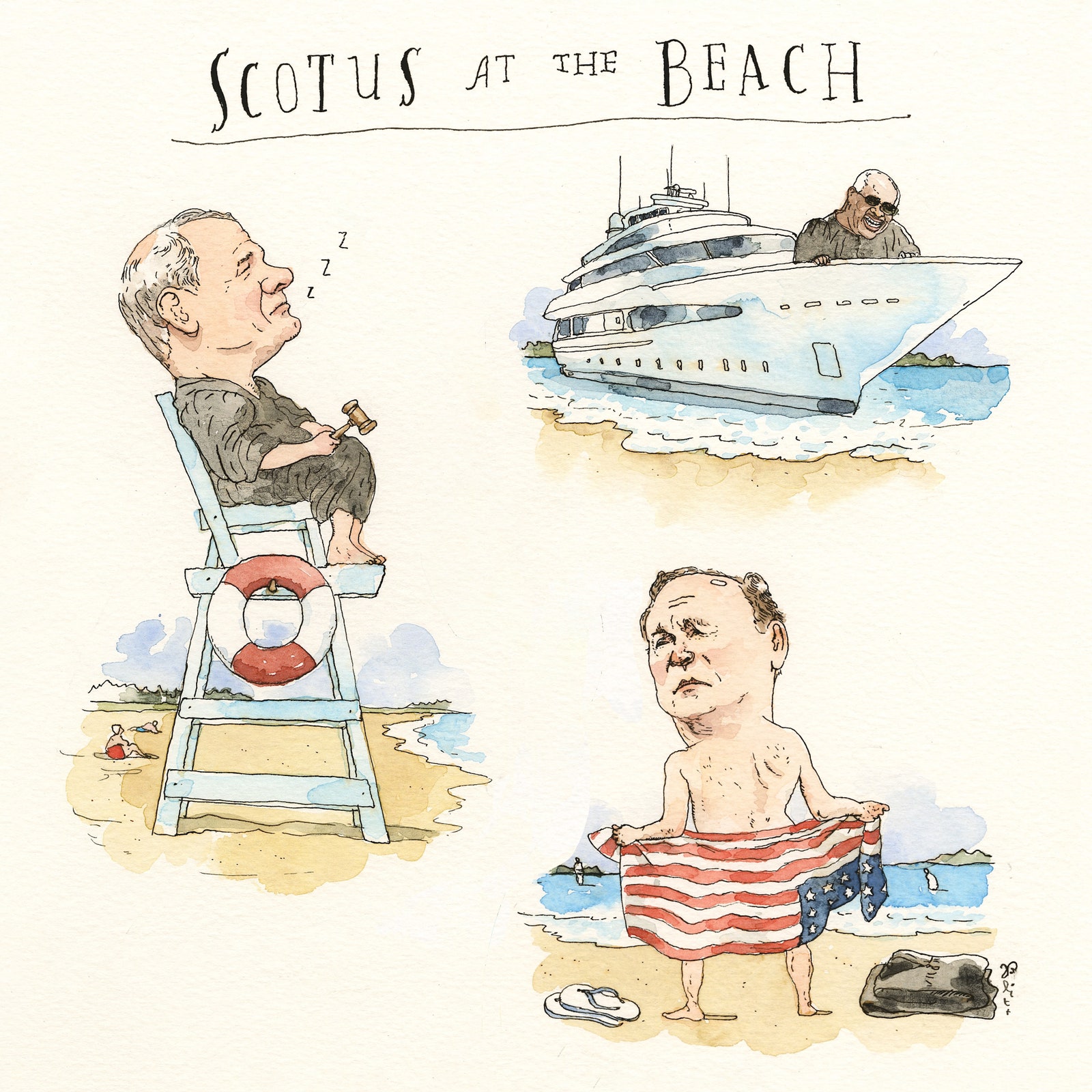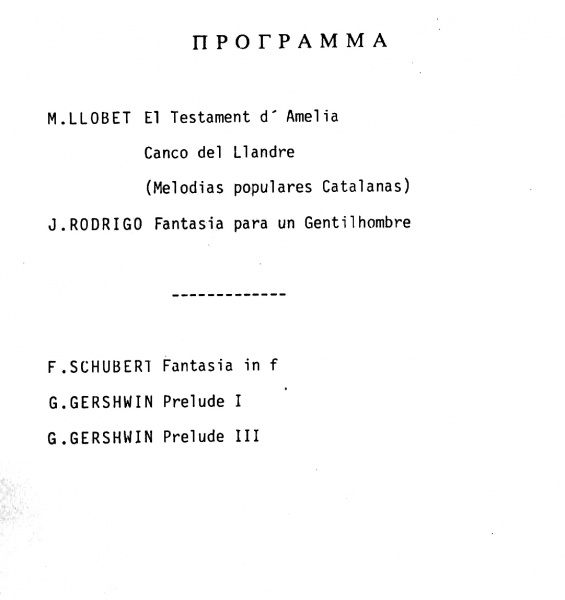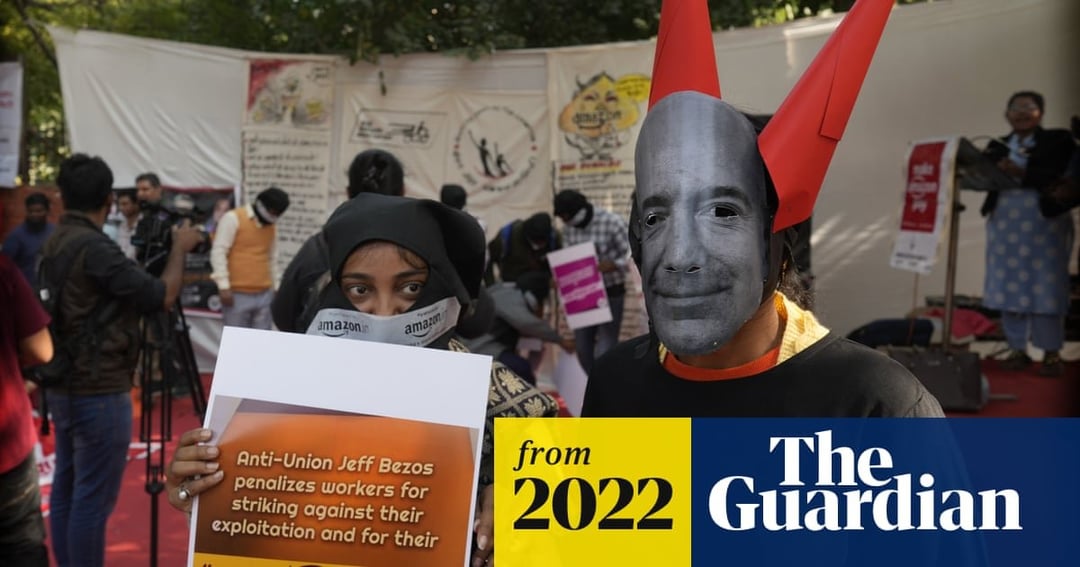Alito And Roberts: Assessing Two Decades Of Judicial Impact

Table of Contents
Justice John Roberts' Jurisprudence: A Balancing Act?
Chief Justice John Roberts' tenure has been characterized by a perceived attempt to balance his own conservative jurisprudence with the need to maintain the Supreme Court's institutional integrity and public perception. His decisions often reveal a pragmatic approach, sometimes surprising both liberal and conservative commentators.
Roberts' Role in Landmark Cases
Roberts' role as a swing vote in several landmark Supreme Court decisions has been crucial in shaping the Court's trajectory. His judicial philosophy, often described as a form of judicial restraint, emphasizes upholding precedent and avoiding overly activist rulings.
- NFIB v. Sebelius (2012): While ultimately upholding the Affordable Care Act, Roberts' opinion relied on the taxing power of Congress rather than the Commerce Clause, a decision that surprised many observers and demonstrated his inclination towards a narrower interpretation of federal power.
- King v. Burwell (2015): Roberts sided with the liberal justices in interpreting the Affordable Care Act's language regarding tax credits, preventing a significant blow to the healthcare law. This decision further highlighted his willingness to deviate from a strictly conservative approach when deemed necessary for maintaining legal stability.
- Shelby County v. Holder (2013): Roberts wrote the majority opinion striking down a key provision of the Voting Rights Act, a decision criticized by many as undermining protections for minority voters. This reflects a more conservative interpretation of federal power and its role in ensuring equal voting rights.
Roberts' Impact on the Court's Image
Chief Justice Roberts has demonstrably sought to present a unified Supreme Court to the public, particularly amidst increasing political polarization. However, this goal has faced challenges due to the Court's increasingly stark ideological divisions.
- Efforts to maintain a sense of collegiality are evident in his opinions, frequently seeking common ground where possible.
- However, instances such as the leaked Dobbs v. Jackson Women's Health Organization draft opinion have severely tested the Court's reputation and exposed internal divisions, undermining Roberts' efforts to project an image of consensus and judicial legitimacy.
Justice Samuel Alito's Conservative Legacy
Justice Samuel Alito's judicial record reflects a consistent and unwavering commitment to conservative legal principles. His opinions frequently emphasize originalism and textualism in constitutional interpretation, leading to significant shifts in established legal precedent.
Key Cases Reflecting Alito's Jurisprudence
Alito's jurisprudence is grounded in a strict interpretation of the Constitution, leading him to consistently side with the conservative wing of the Court.
- Citizens United v. FEC (2010): Alito's concurrence significantly shaped the majority opinion, effectively loosening restrictions on corporate and union spending in elections. This decision reflected his belief in the importance of free speech, even in the context of campaign finance.
- Obergefell v. Hodges (2015): Alito's dissenting opinion forcefully argued against the legalization of same-sex marriage, highlighting a fundamental disagreement with the majority's interpretation of the Fourteenth Amendment. This dissent, while unsuccessful at the time, foreshadowed later conservative challenges to established rights.
- Dobbs v. Jackson Women's Health Organization (2022): Alito authored the majority opinion overturning Roe v. Wade, a landmark decision that significantly restricted abortion access across the United States and demonstrates the far-reaching impact of his judicial philosophy.
The Impact of Alito's Concurrences and Dissents
Alito's dissenting opinions, often detailed and strongly worded, have proved remarkably influential. They have, in several instances, laid the groundwork for later conservative victories.
- His persistent arguments against certain legal precedents foreshadowed the overturning of Roe v. Wade in Dobbs v. Jackson Women's Health Organization.
- His consistent focus on specific legal issues has served as a roadmap for conservative legal challenges in subsequent cases.
The Combined Impact of Alito and Roberts
The simultaneous presence of Justices Alito and Roberts has profoundly altered the Supreme Court's ideological balance, solidifying a strong conservative majority. This shift has led to substantial changes across numerous legal domains.
Shifting Ideological Balance
The appointments of Alito and Roberts, coupled with other conservative appointments, have created a decisive conservative majority on the Supreme Court.
- This shift is evident in the outcomes of cases concerning abortion rights, voting rights, environmental regulations, and religious freedom.
- The conservative majority has consistently limited federal power and expanded the scope of individual rights in specific contexts.
Long-Term Implications for American Law
The long-term consequences of Alito and Roberts’ judicial philosophies on American law are far-reaching and likely to continue shaping legal battles for decades to come.
- Their decisions on issues like campaign finance have significantly altered the political landscape.
- Their impact on reproductive rights is arguably the most profound, with Dobbs v. Jackson Women's Health Organization potentially triggering widespread legal challenges and social upheaval.
- Future litigation in areas like voting rights, gun control, and LGBTQ+ rights is undoubtedly influenced by the precedents they have established.
Conclusion: Alito and Roberts: A Lasting Mark on the Supreme Court
Justices Alito and Roberts have had a transformative impact on the Supreme Court, shaping its ideological direction and leaving an enduring legacy on American jurisprudence. Alito's consistently conservative approach, rooted in originalism and textualism, has reshaped constitutional interpretation, while Roberts’ pragmatic balancing act has nonetheless contributed to a significant shift toward a more conservative Court. Their combined influence has redefined the legal landscape in numerous critical areas, producing long-term consequences that will continue to be debated and litigated for years to come. Continue the conversation on the lasting impact of Justices Alito and Roberts on the Supreme Court by exploring further research into their individual opinions and their combined effect on landmark Supreme Court decisions and the broader American legal system.

Featured Posts
-
 Synaylia Kathigiton Dimotikoy Odeioy Rodoy Programma And Leptomereies
May 21, 2025
Synaylia Kathigiton Dimotikoy Odeioy Rodoy Programma And Leptomereies
May 21, 2025 -
 Amazon Workers Union Fights Warehouse Shutdowns In Quebec
May 21, 2025
Amazon Workers Union Fights Warehouse Shutdowns In Quebec
May 21, 2025 -
 Drier Weather Ahead Tips For Gardeners And Homeowners
May 21, 2025
Drier Weather Ahead Tips For Gardeners And Homeowners
May 21, 2025 -
 Vybz Kartel Electrifies Brooklyn With Sold Out Concerts
May 21, 2025
Vybz Kartel Electrifies Brooklyn With Sold Out Concerts
May 21, 2025 -
 Wwe Nxt Tyler Bates Highly Anticipated Return
May 21, 2025
Wwe Nxt Tyler Bates Highly Anticipated Return
May 21, 2025
